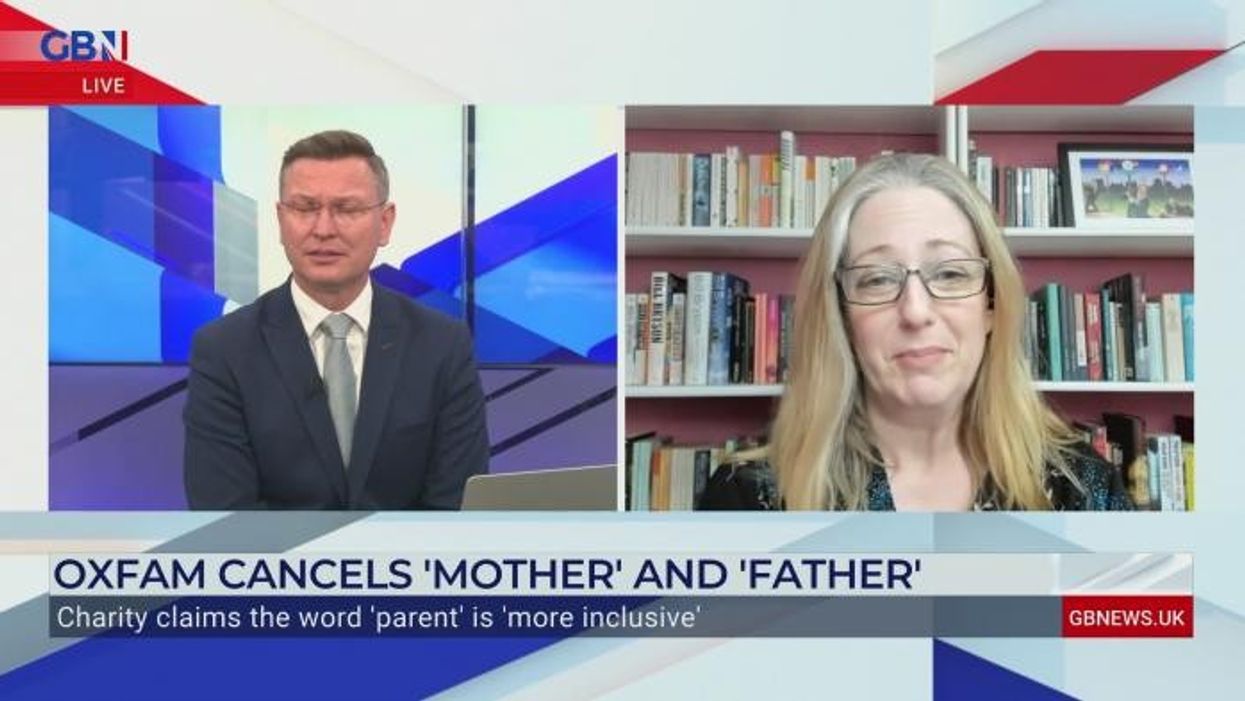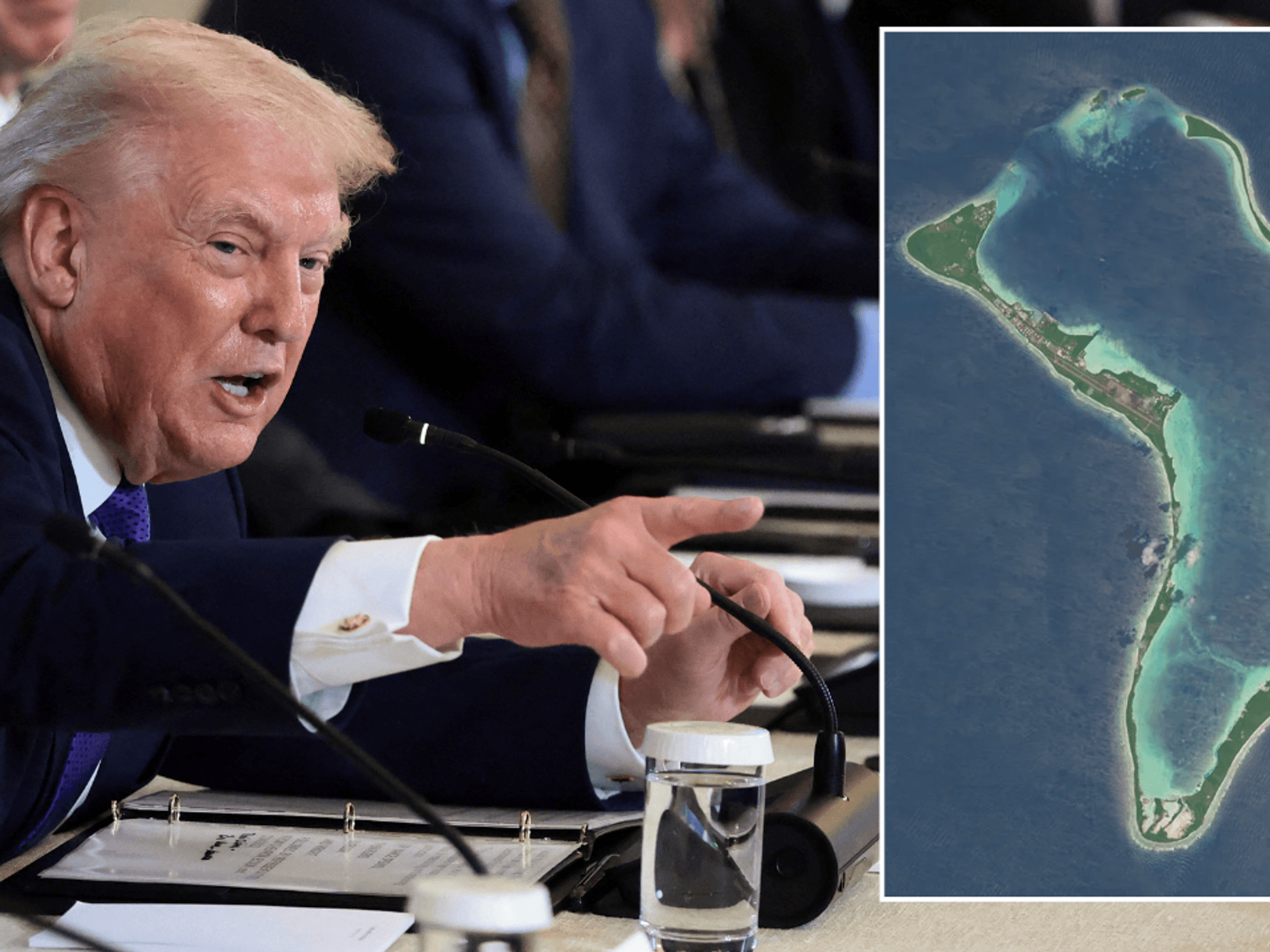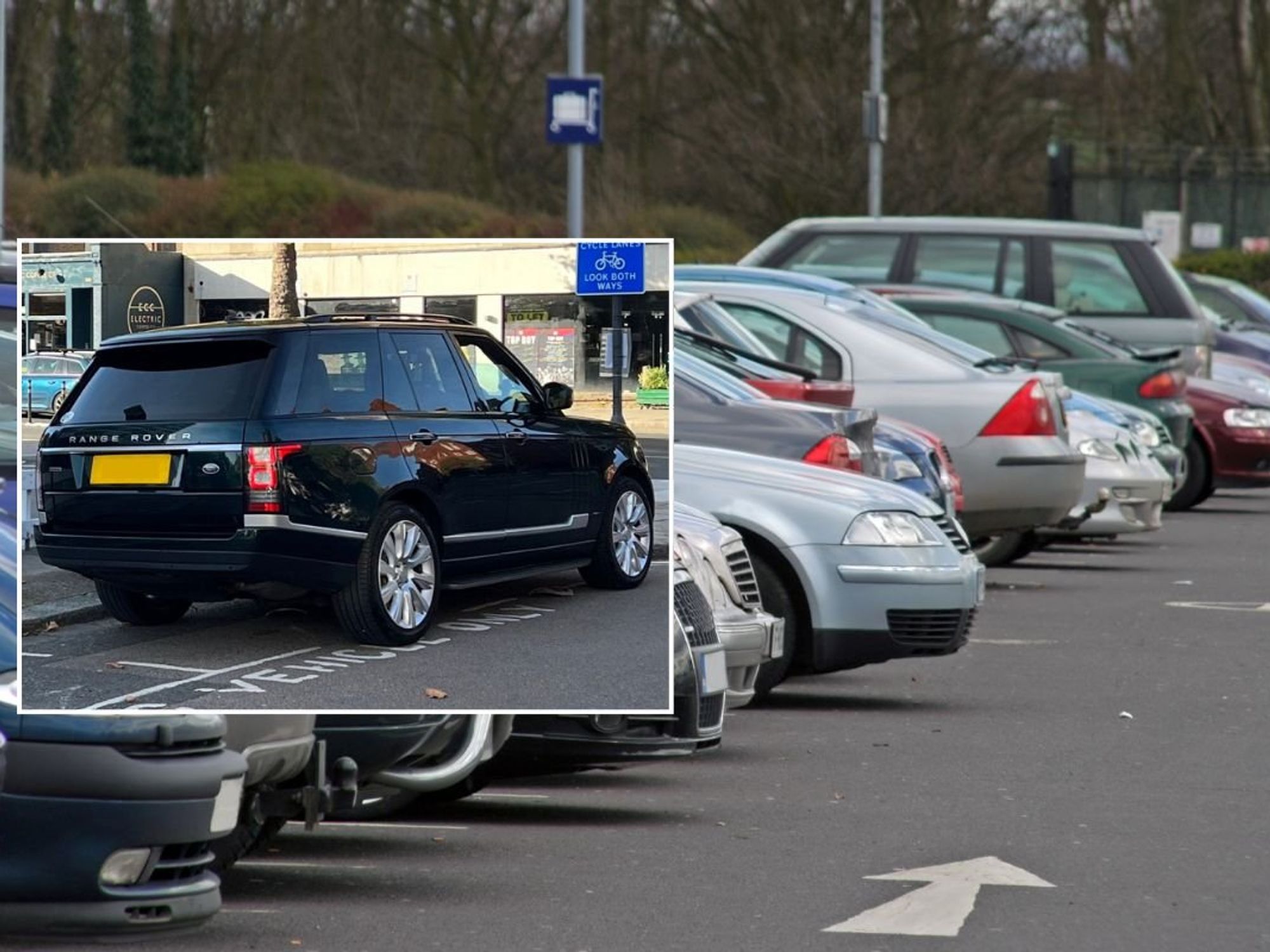Oxfam told they have ‘lost their way’ with woke gender guidance - ‘It’s neocolonialist!’

The charity, which tackles global poverty, is bidding to divert their staff away from using potentially 'offensive' terms
Don't Miss
Most Read
Latest
Oxfam are facing criticism for advising staff to avoid the terms “mother” and “father” and instead use “parent” in its new Inclusive Language Guide.
The charity, which tackles global poverty, is bidding to divert their staff away from using potentially “offensive” terms with the publication of its new guidebook.
Speaking to GB News, Helen Joyce from campaign group Sex Matters, said the move shows Oxfam has “lost its way”.
She told Stephen Dixon: “Sometimes you’re talking about mothers, and sometimes you’re talking about fathers.
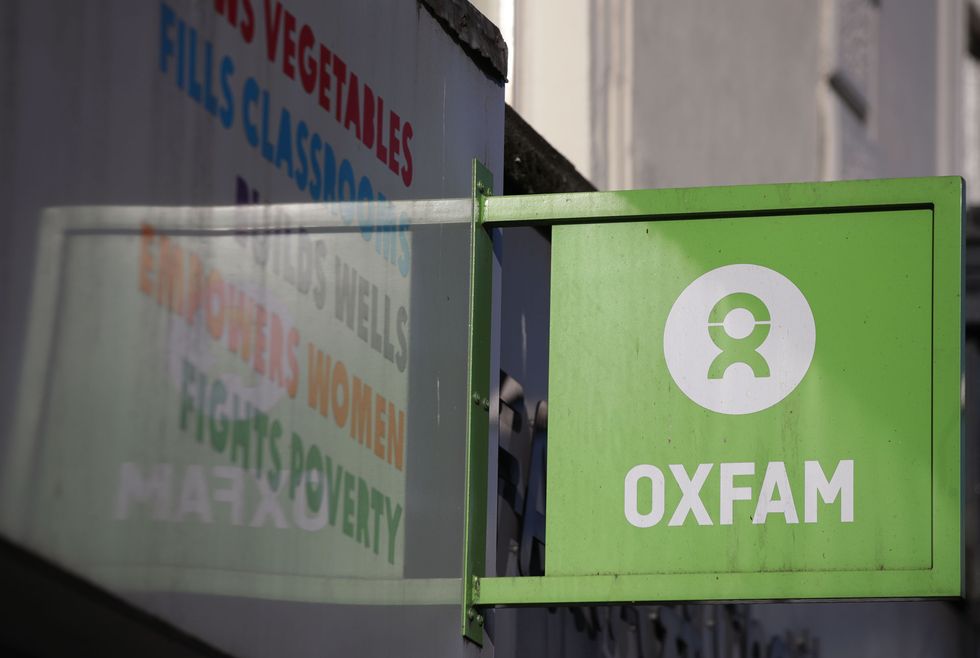
Oxfam have been accused of publishing 'neocolonialist' guidance
|PA
“When you’re talking about one or the other, you might as well use the right word for it.
“Words aren’t meant to be specifically inclusive. So when you’re talking about maternal mortality, or mother’s experiencing domestic abuse from fathers, you should use the right words.
“This is not a concern in the place where Oxfam is doing a lot of its work.
“This is an incredibly neo-colonialist measure by an organisation that seems to me to have lost its way.”
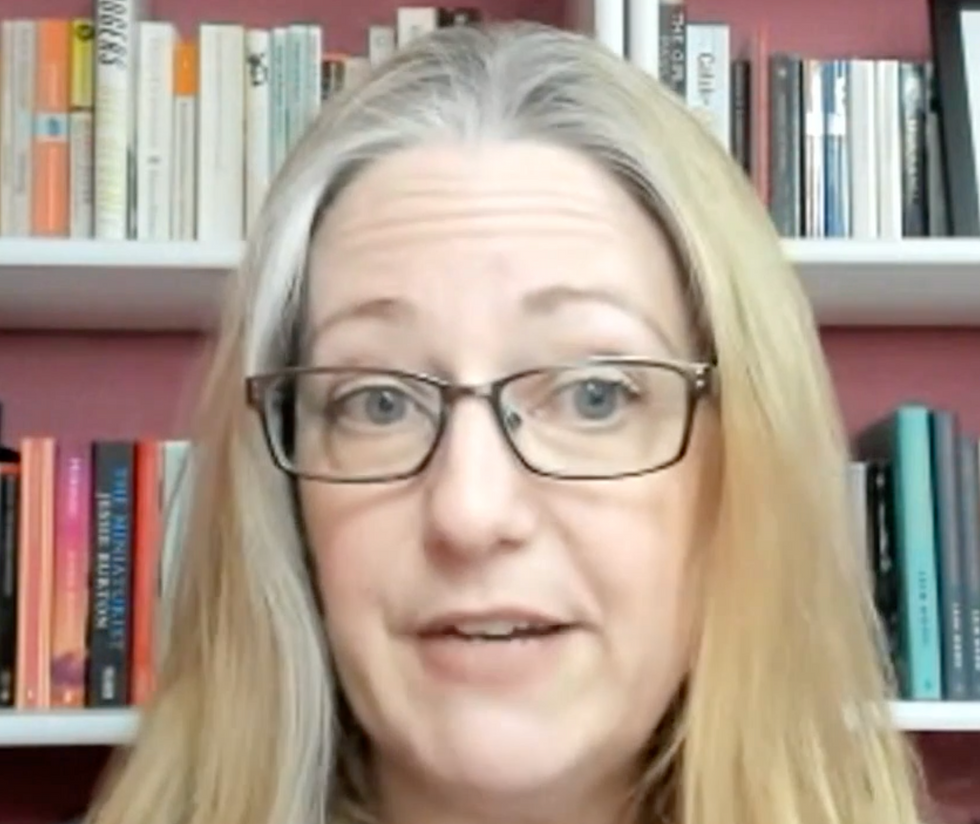
Helen Joyce says Oxfam have 'lost their way'
|GB News
Questioned over whether there is a role for the word ‘parent’, Joyce said that is “not what Oxfam are saying”.
She told GB News: “They’re saying use words like AFAB [assigned female at birth], they’re saying don’t talk about pregnant women, they’re saying pregnant people.
“They don’t talk about breastfeeding women, they talk about breastfeeding people.
“The fact is, only women can give birth, only women can breastfeed and only women can get pregnant.
“So when you do this, you actually divert your attention from the people you’re actually talking about, which are women.
“You may be talking about women who maybe die during childbirth, or aren’t properly looked after or supported.
“It’s distracting people from what they need to be thinking about.”
The 92-page document was published online earlier this week having previously only been circulated internally.
It contains chapters on power, race, decolonisation, gender justice, sexual diversity, women’s rights, disability, mental and physical health, feminist principles for language use and migration.
A trigger warning is also included for words and phrases that could be seen as “discriminatory” or “have been used historically to oppress certain people or groups”.
An Oxfam spokesman said: “This guide is primarily sector-focused, it is not prescriptive but helps authors communicate in a way that is respectful to the diverse range of people with whom we work.
“We are proud of using inclusive language; we won’t succeed in tackling poverty by excluding marginalised groups.
“We are disappointed that some people have decided to misrepresent the advice offered in the guide by cropping the document to remove the clear statement that authors should respect the desire of individuals who want to be described as a mother or father.”


